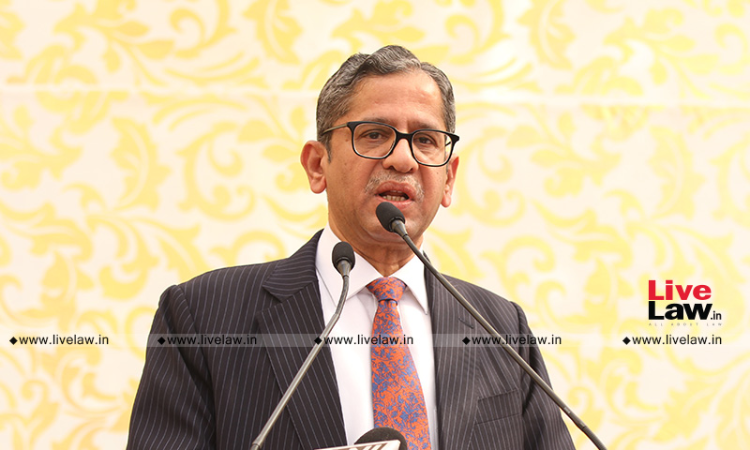While delivering the convocation address at the Acharya Nagarjuna University at Vijayawada, Chief Justice of India urged the students to build a democracy filled with vibrancy and idealism, where the differences of identities and opinons are respected.In his address, CJI lamented the declining social participation of students. He recalled that in earlier days, Universities used to be...

